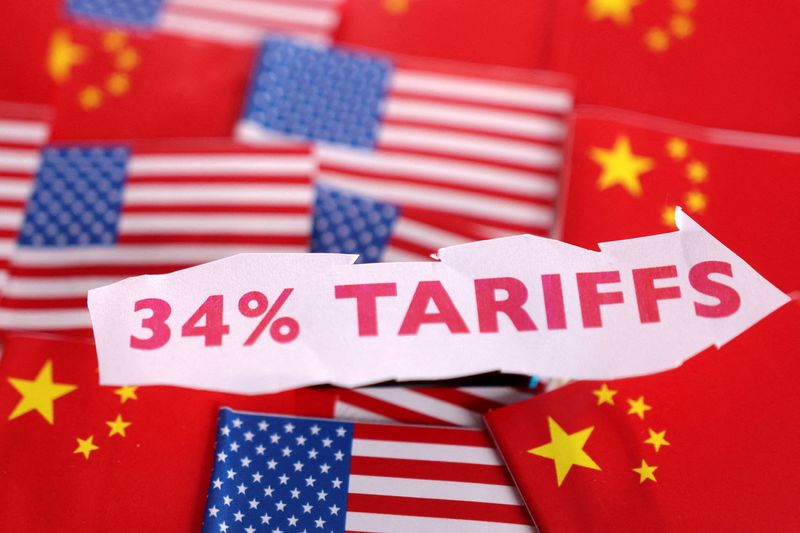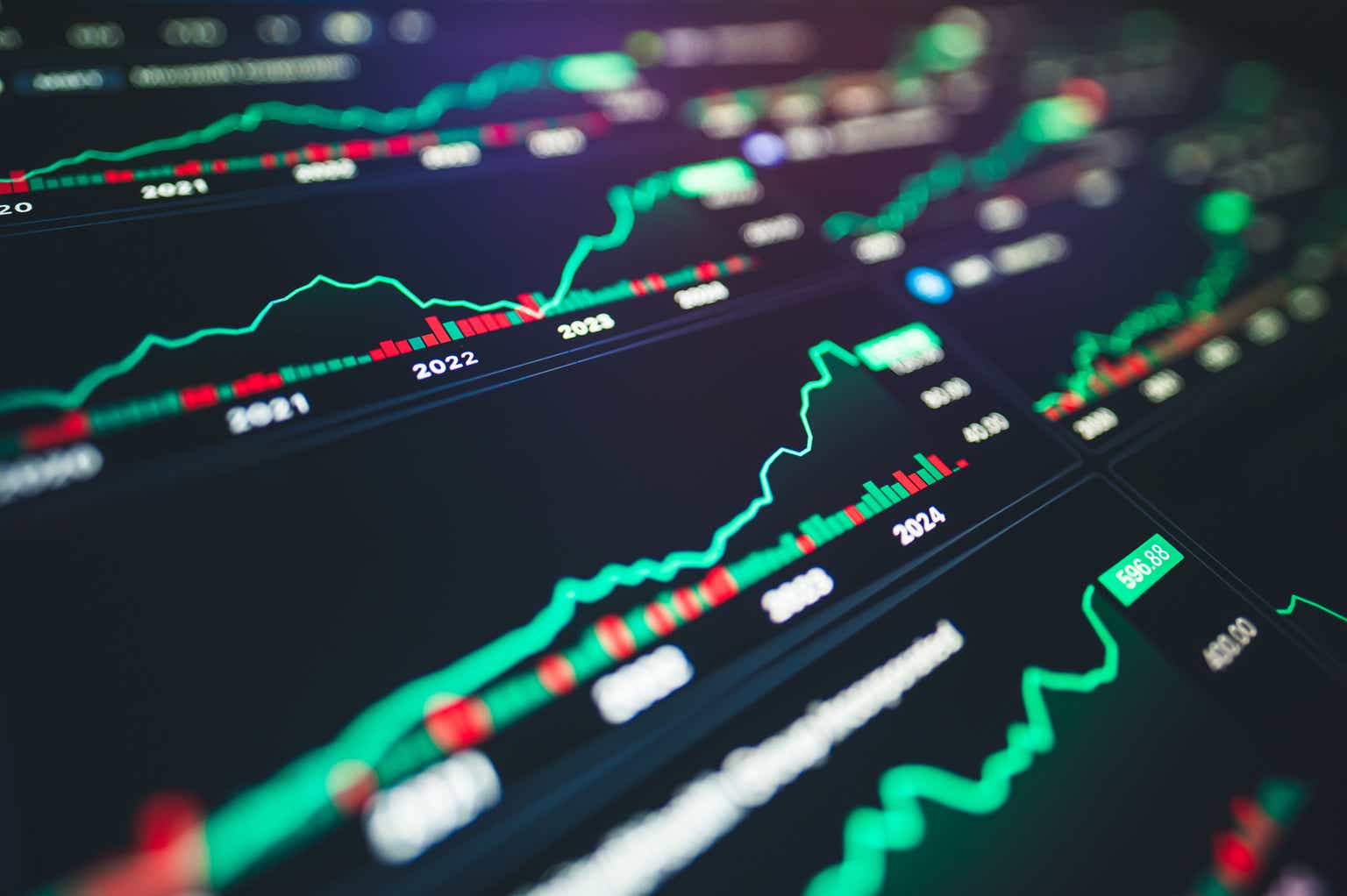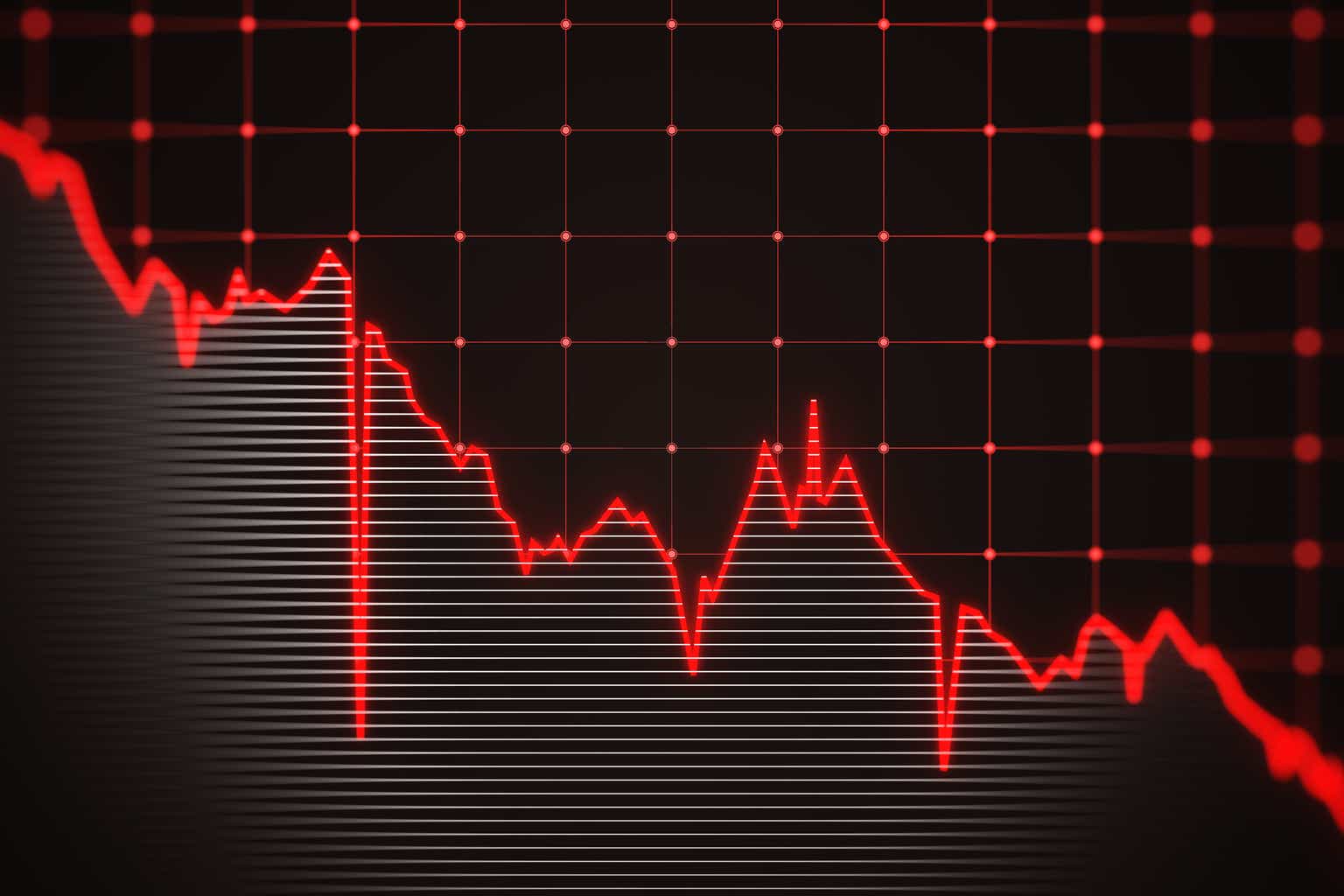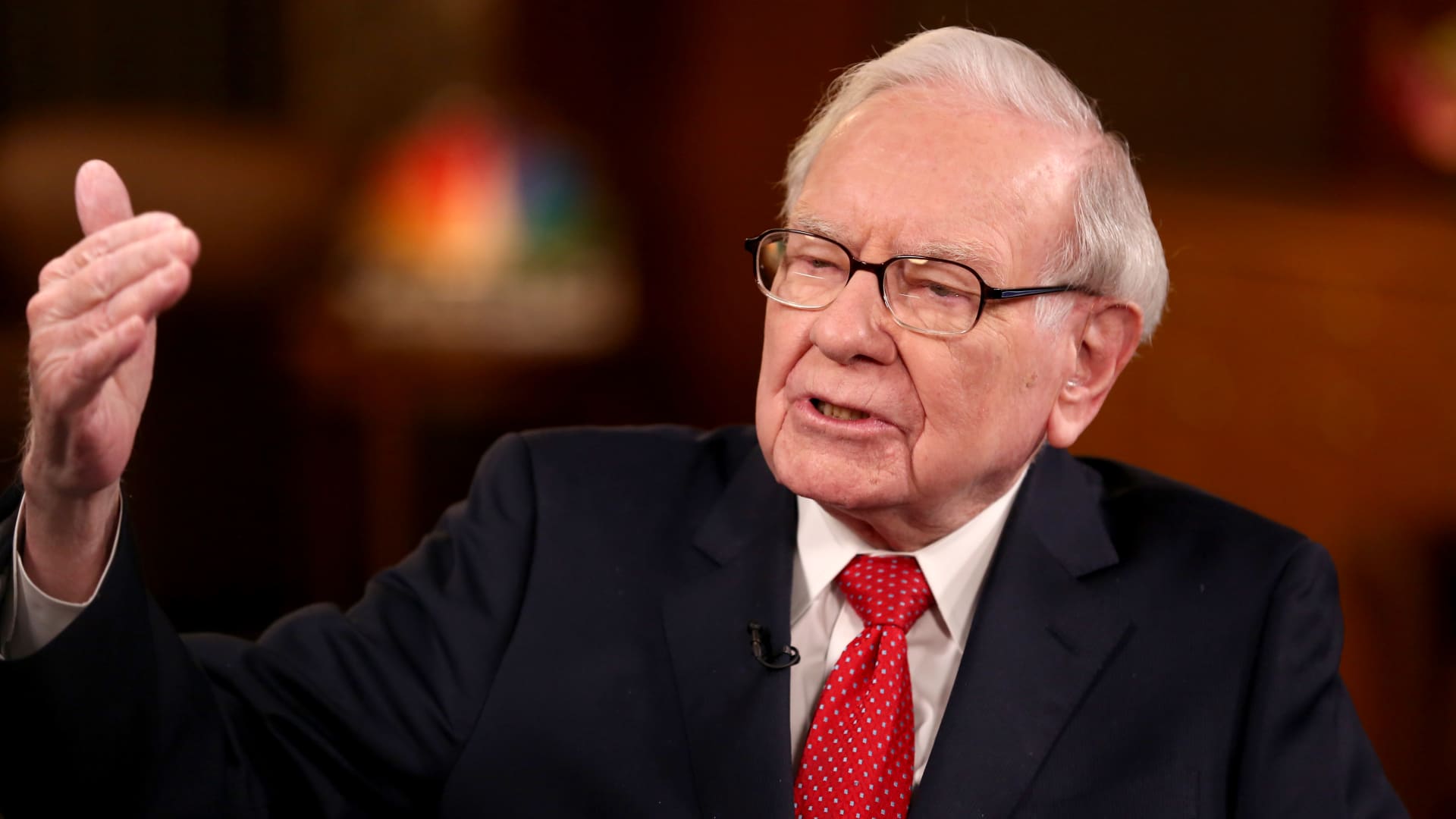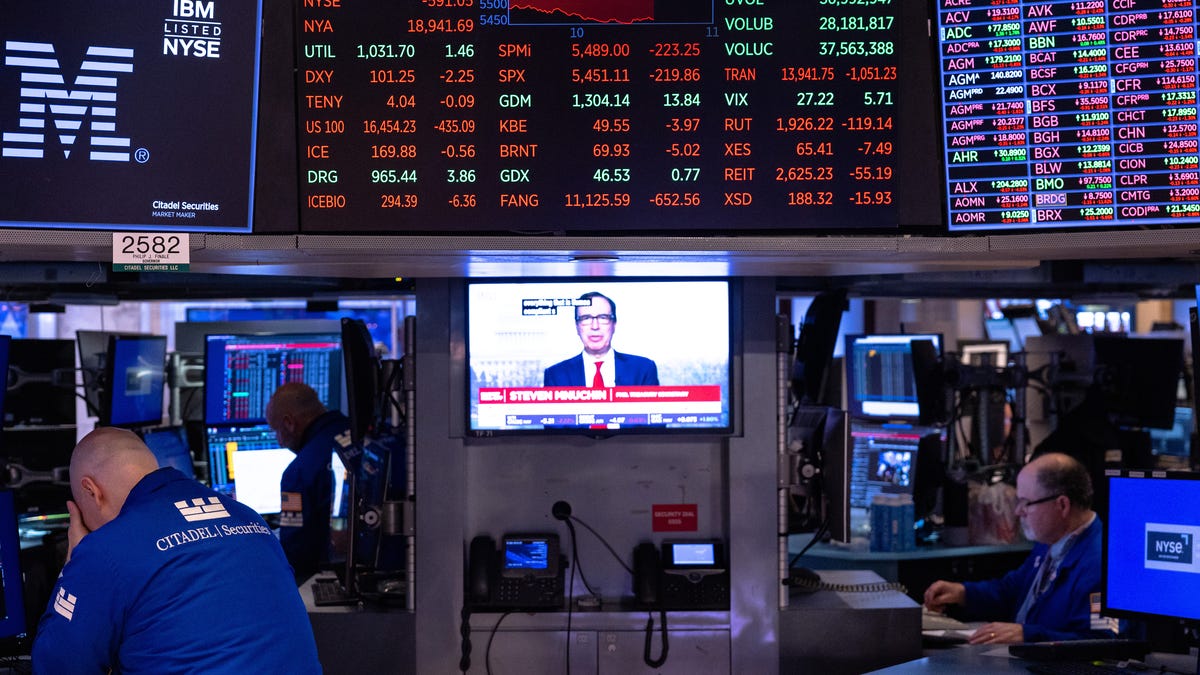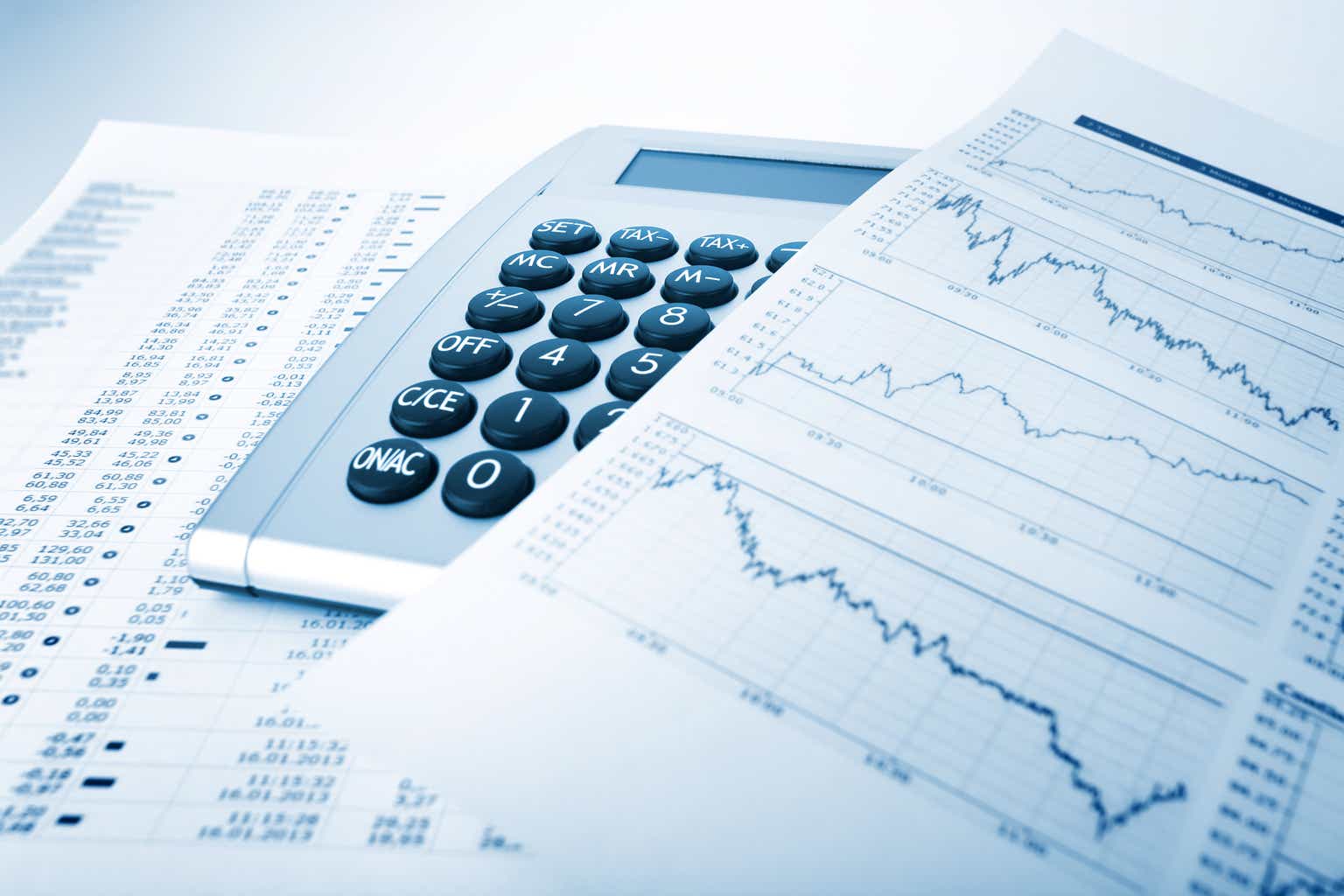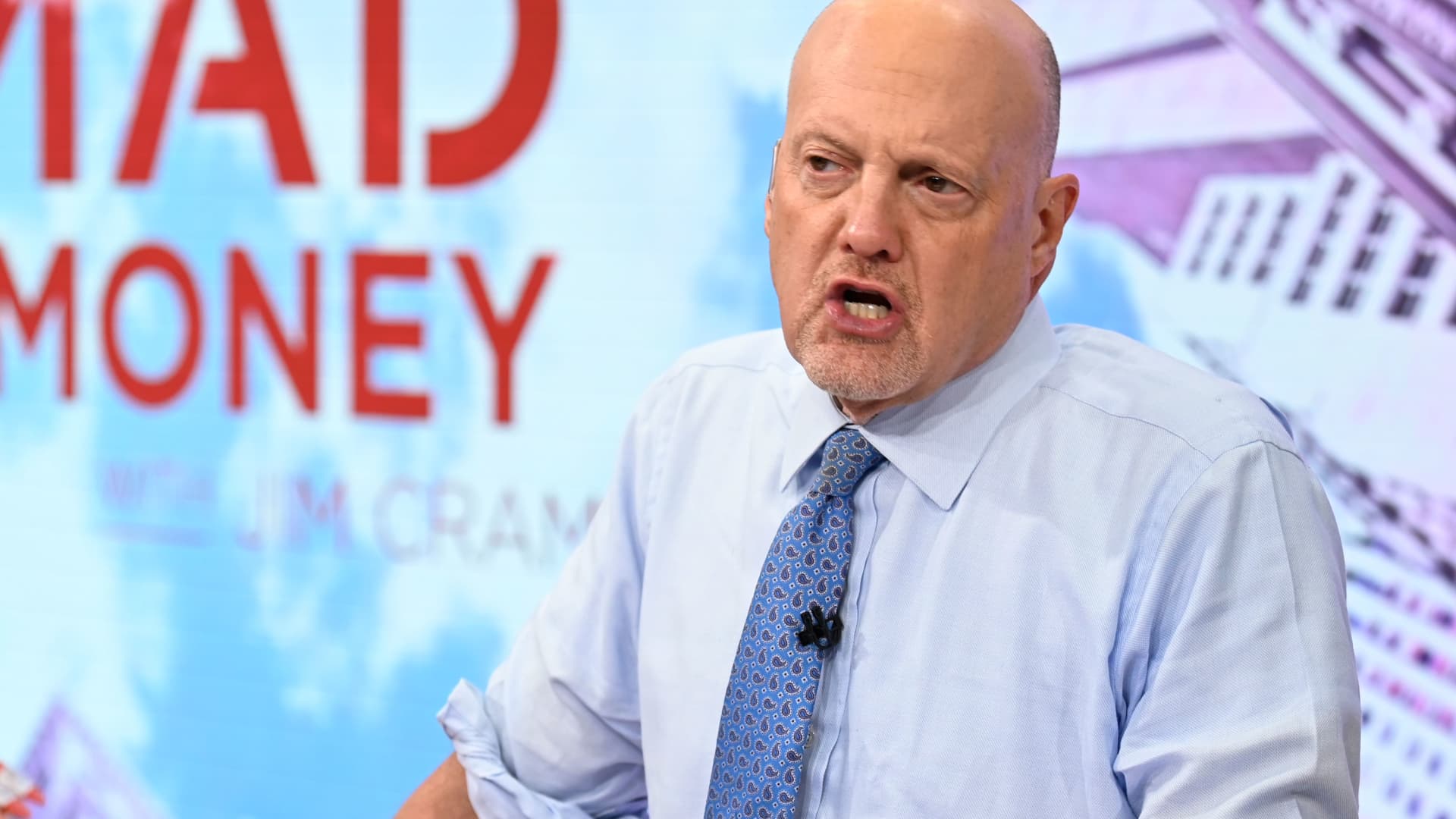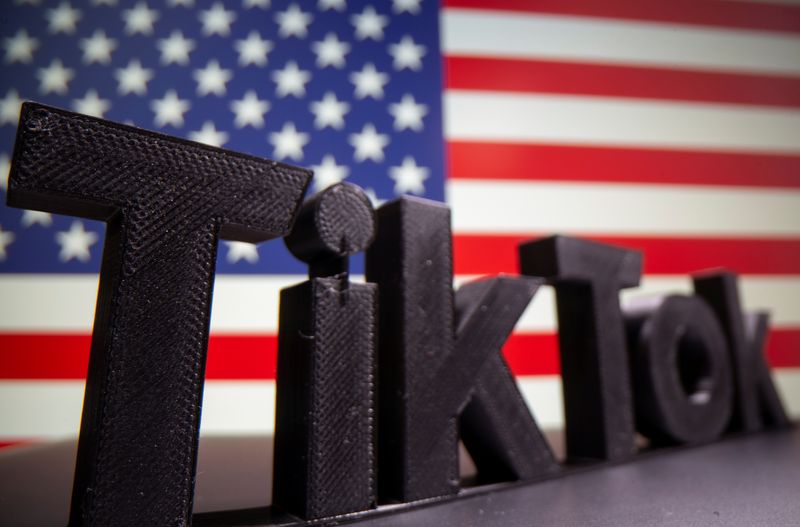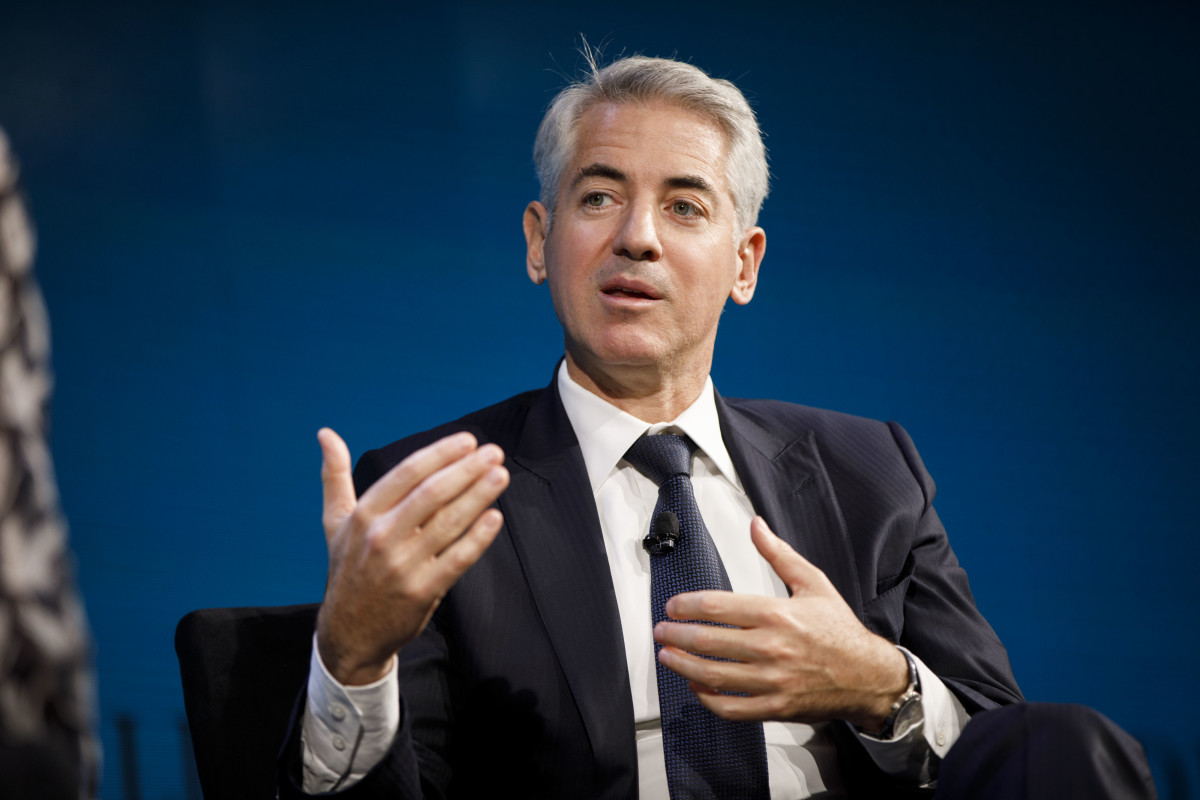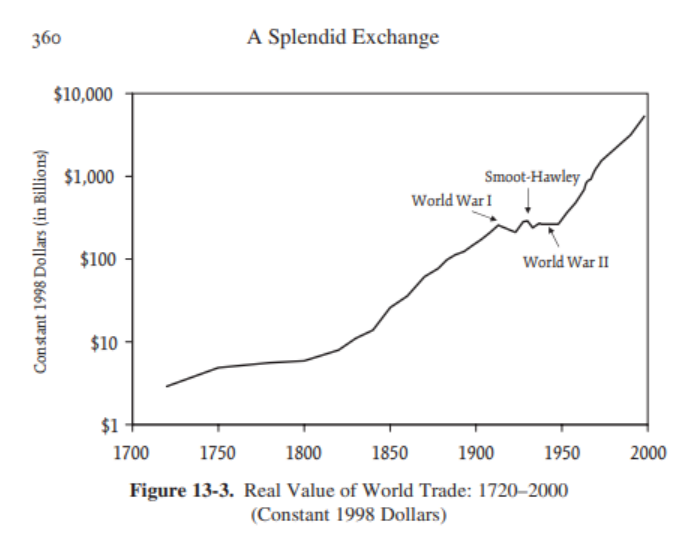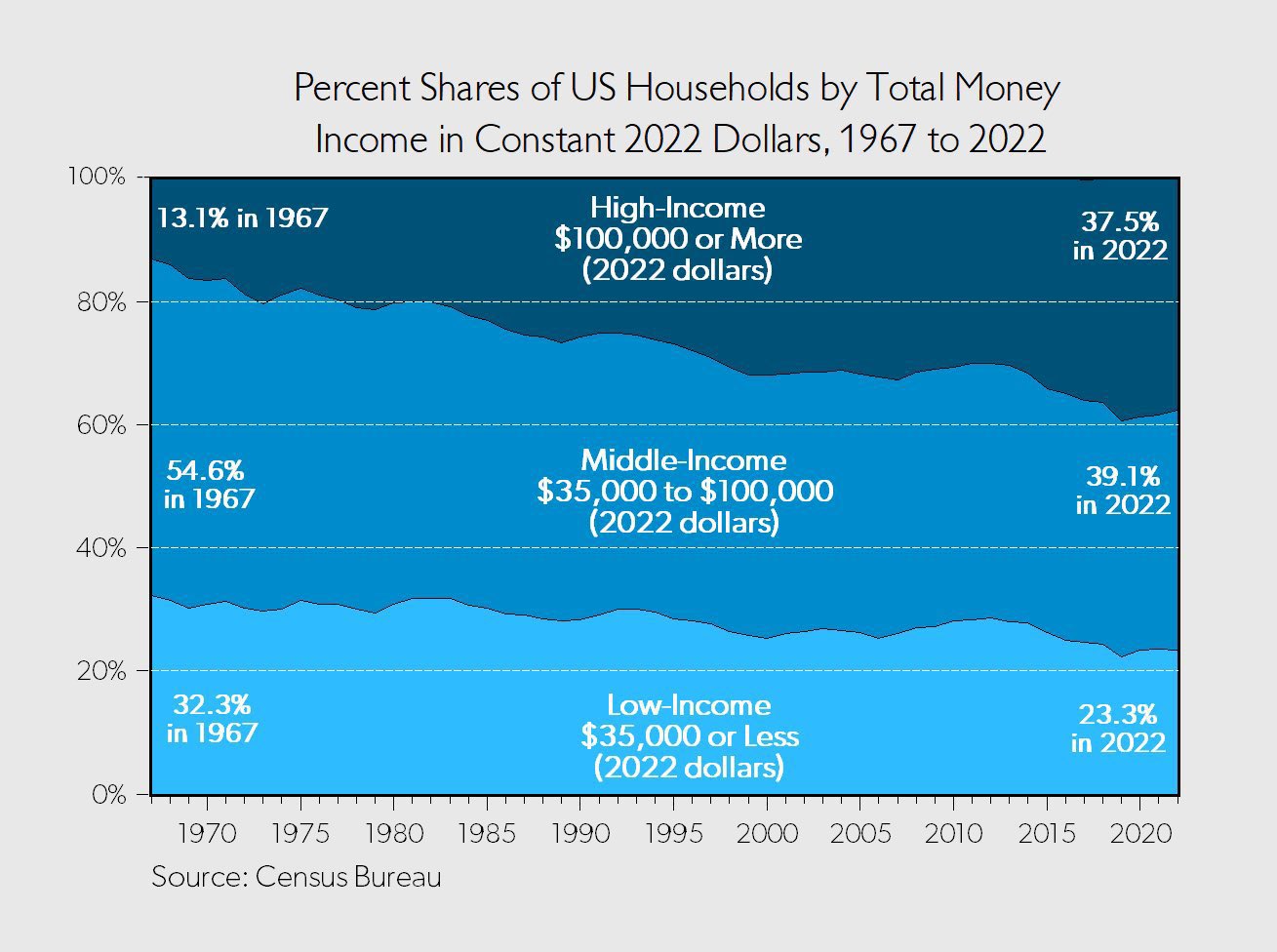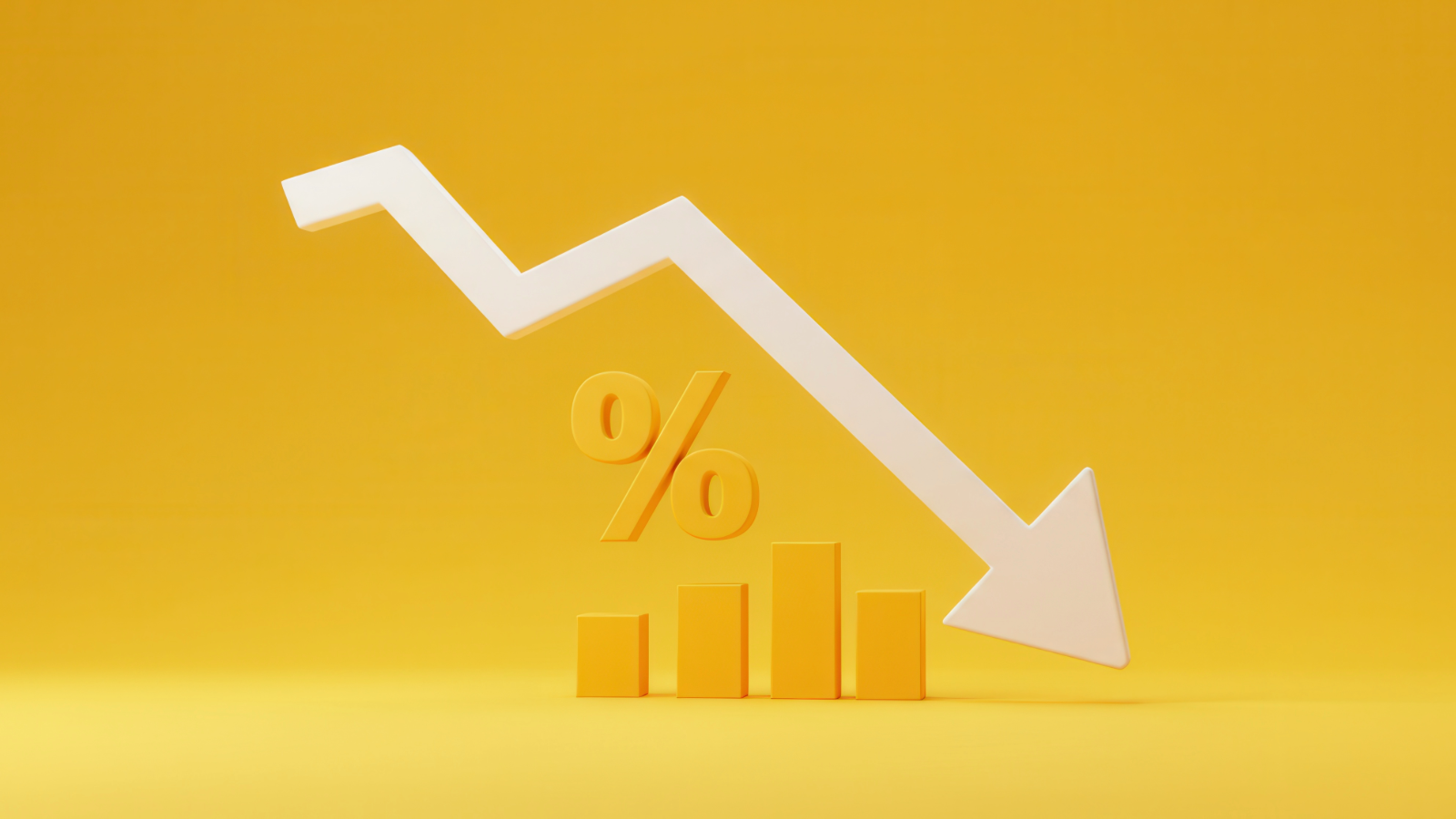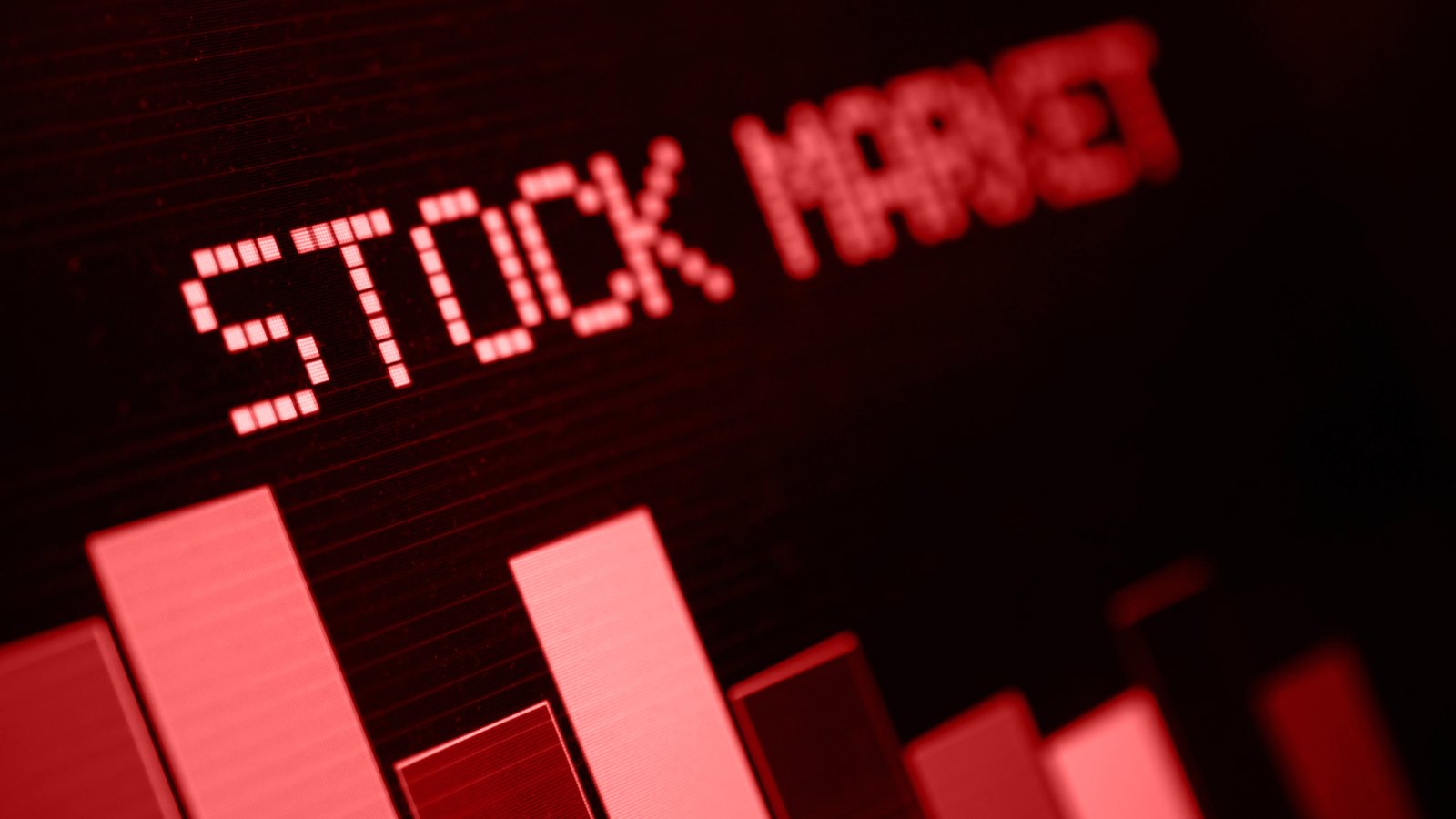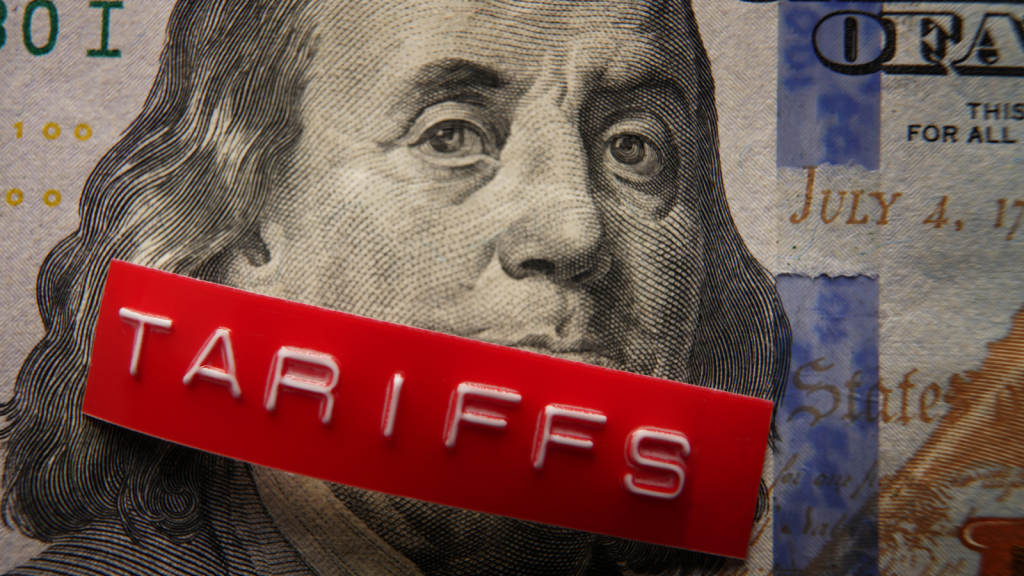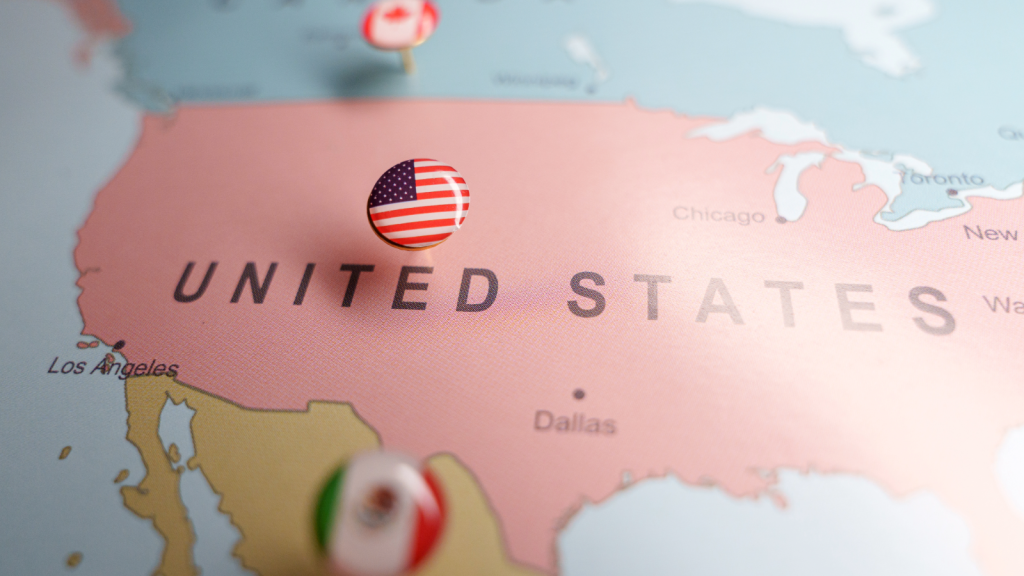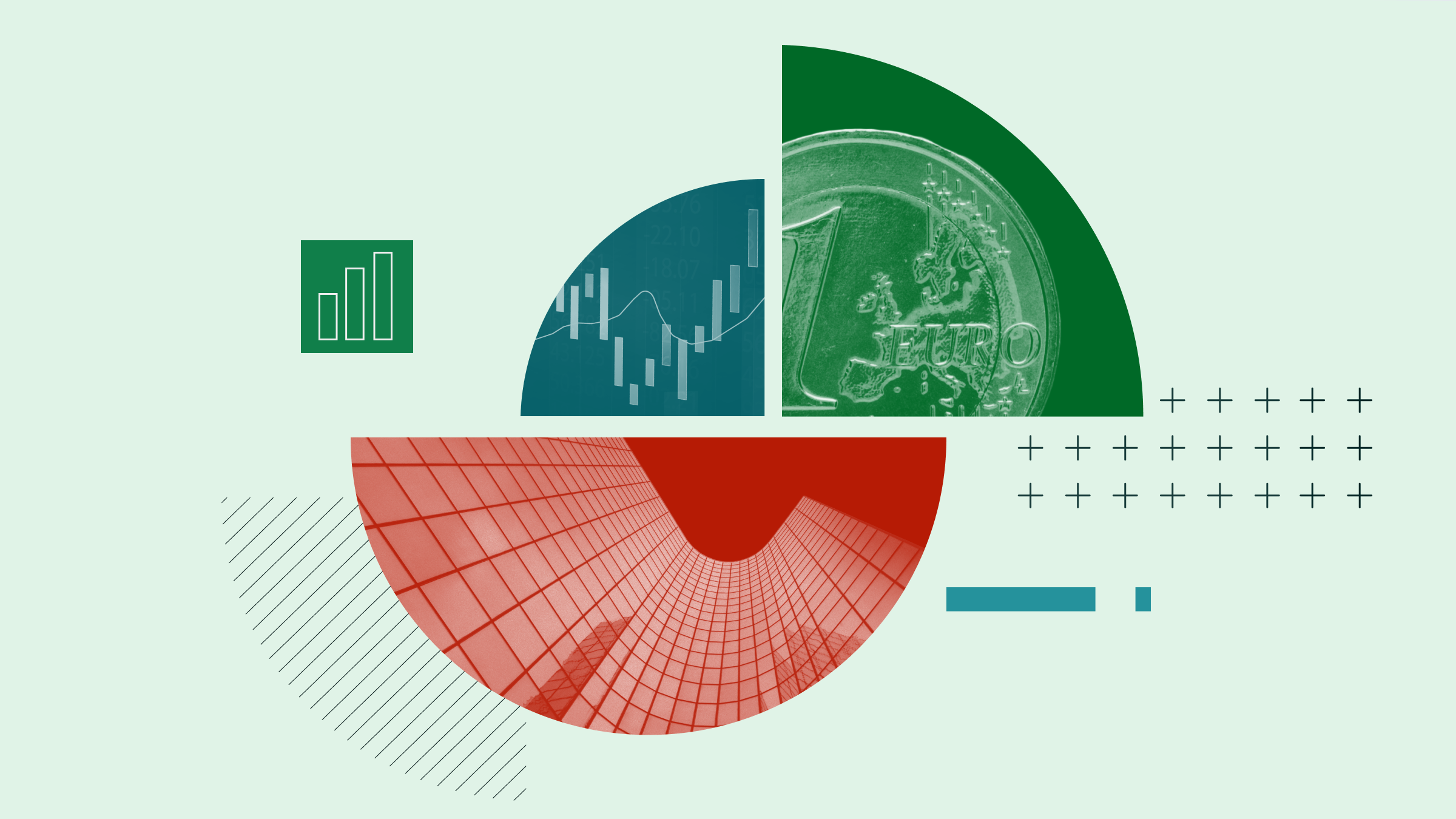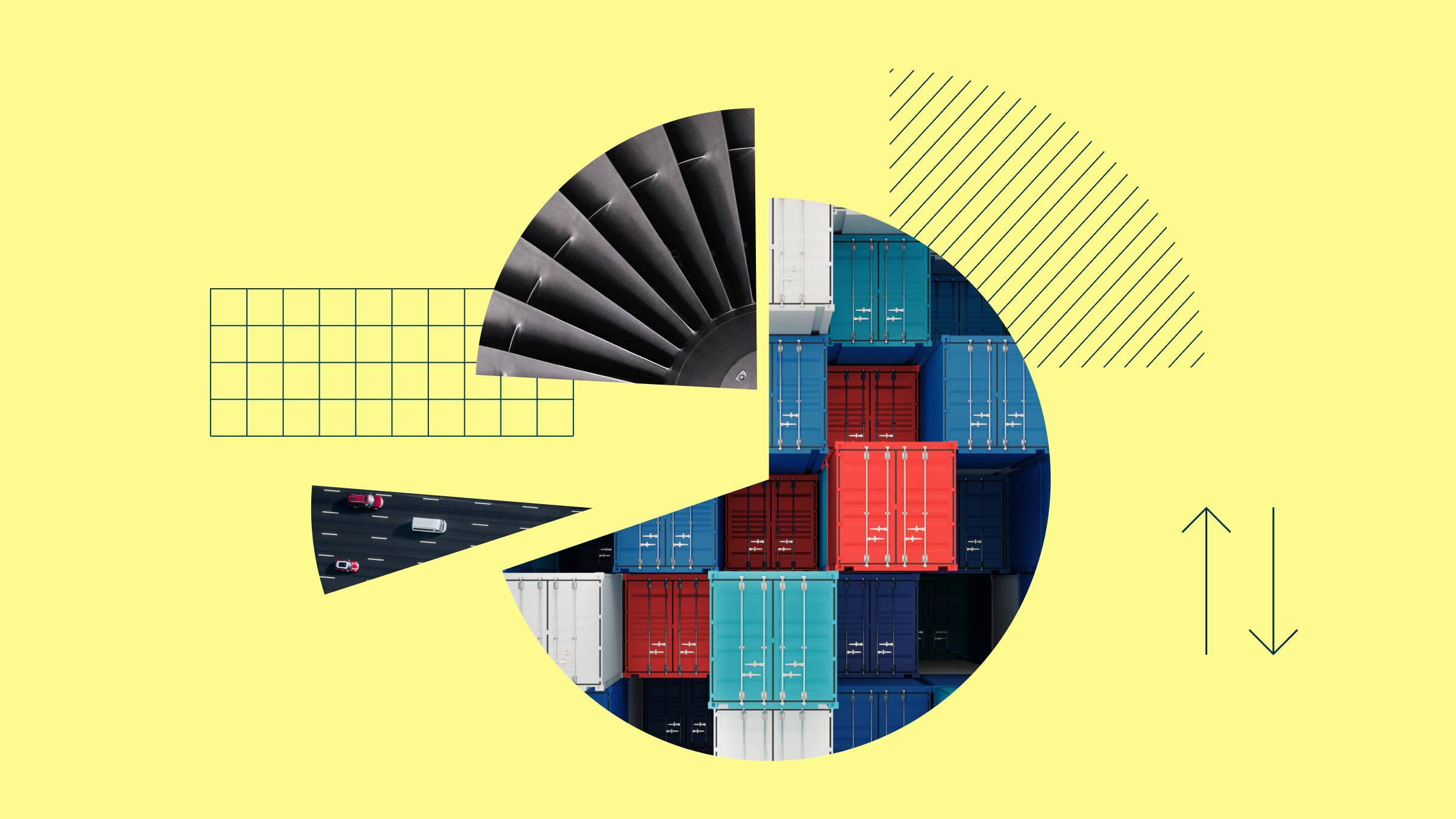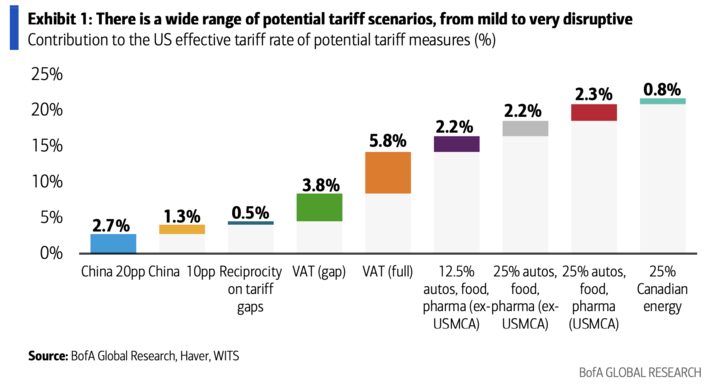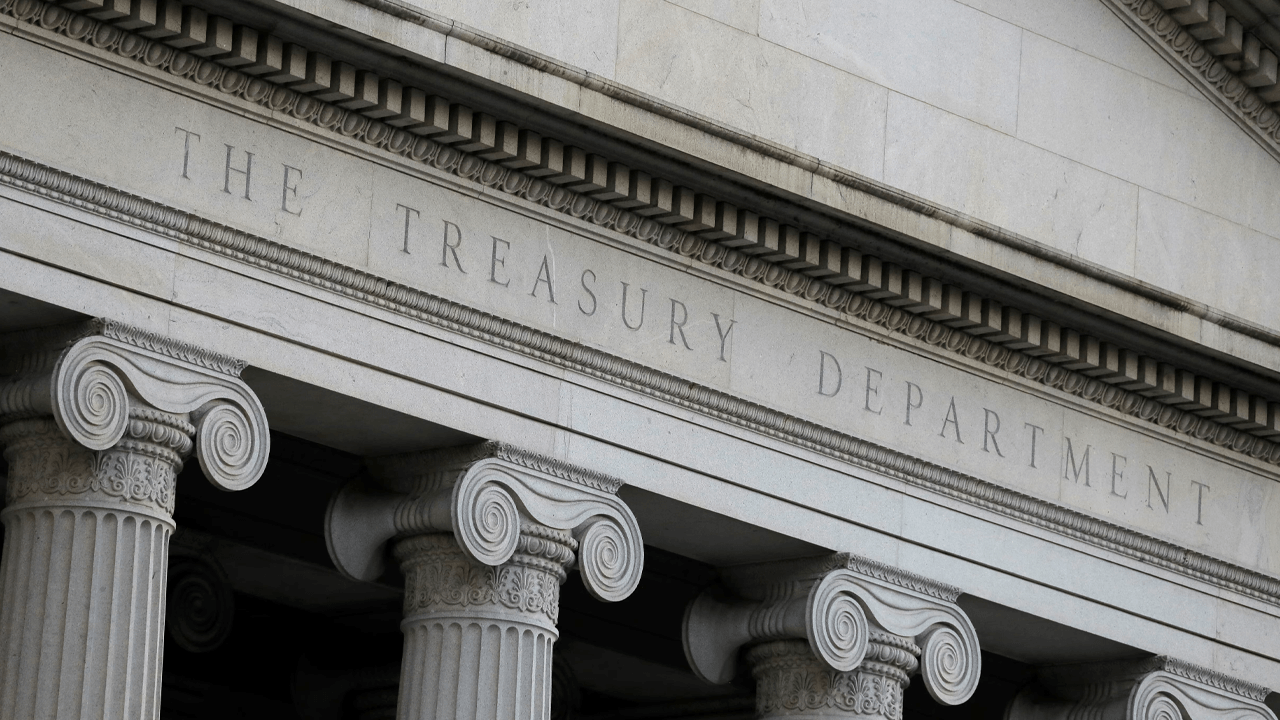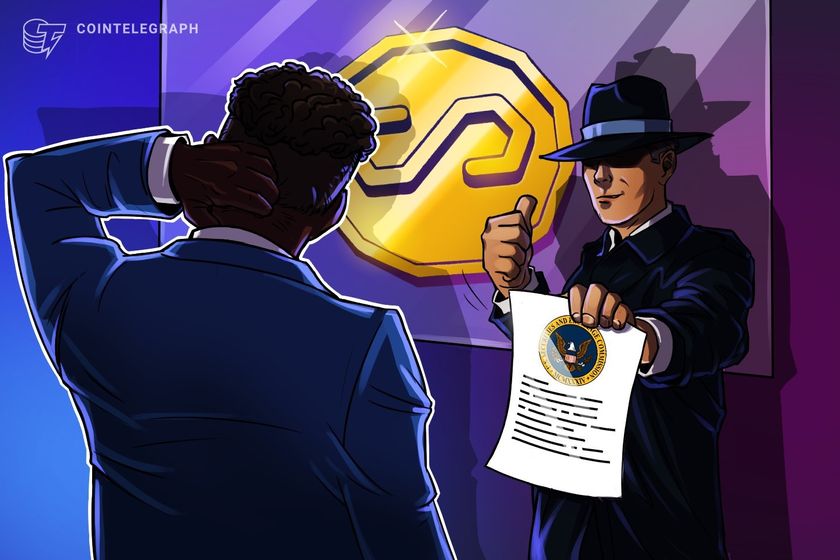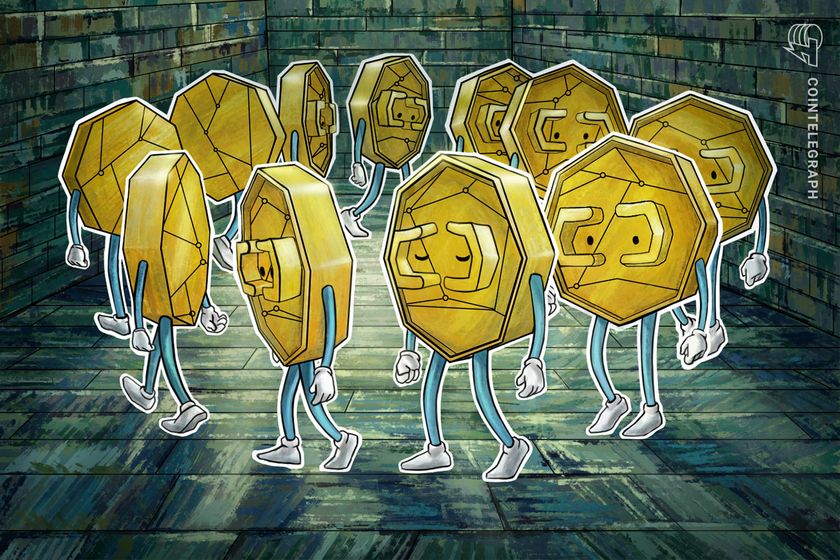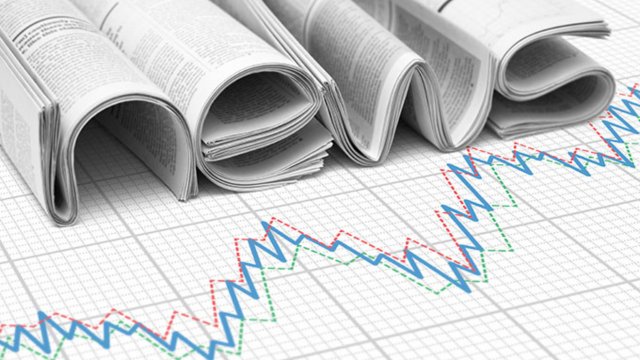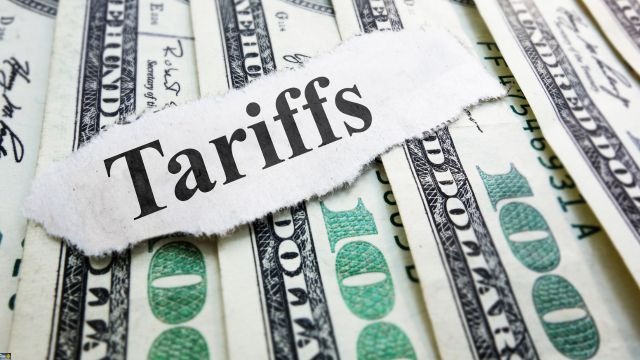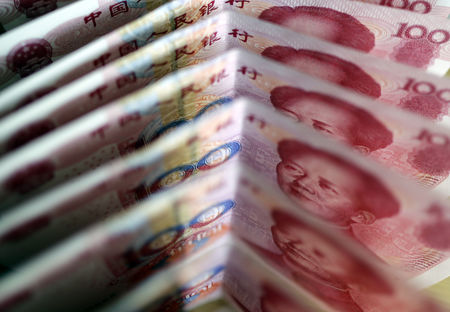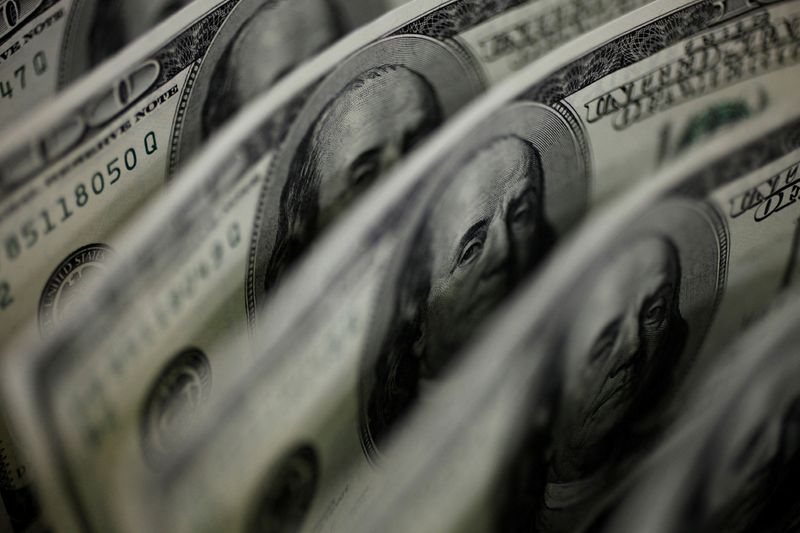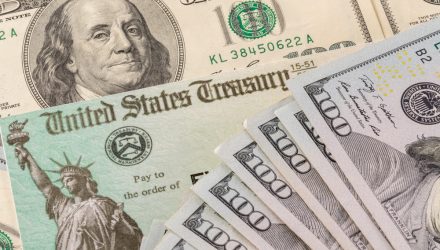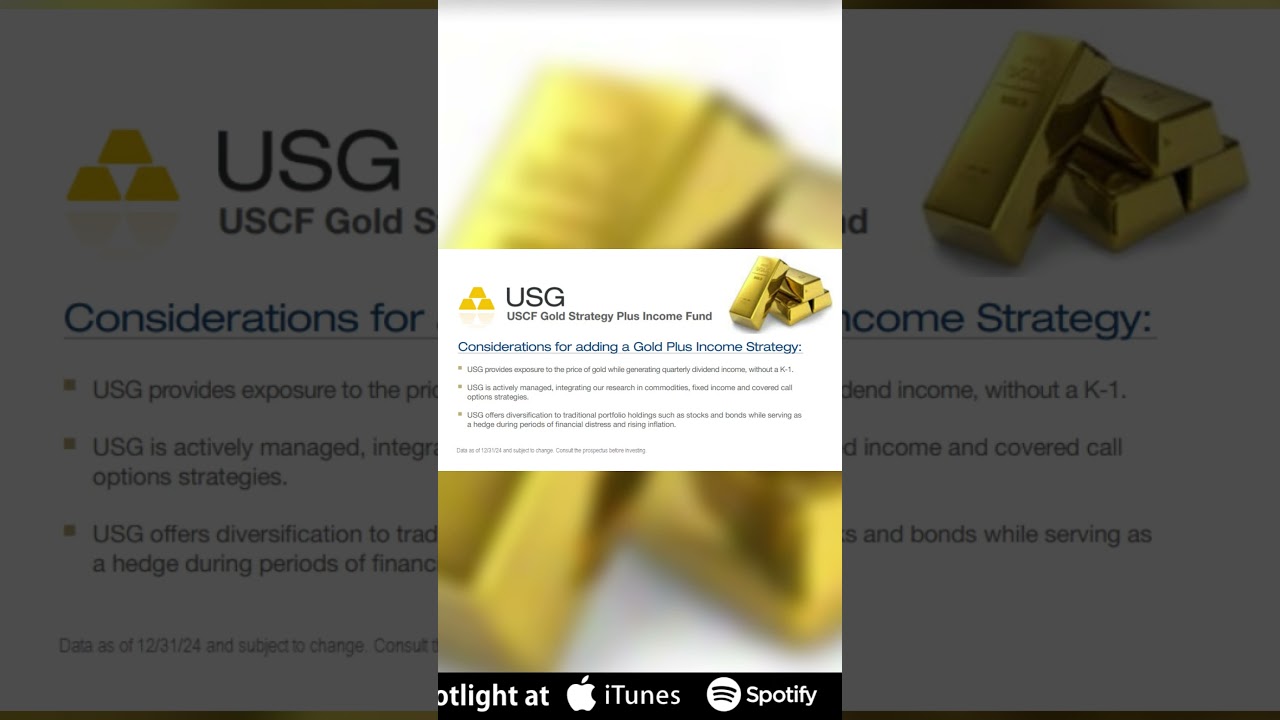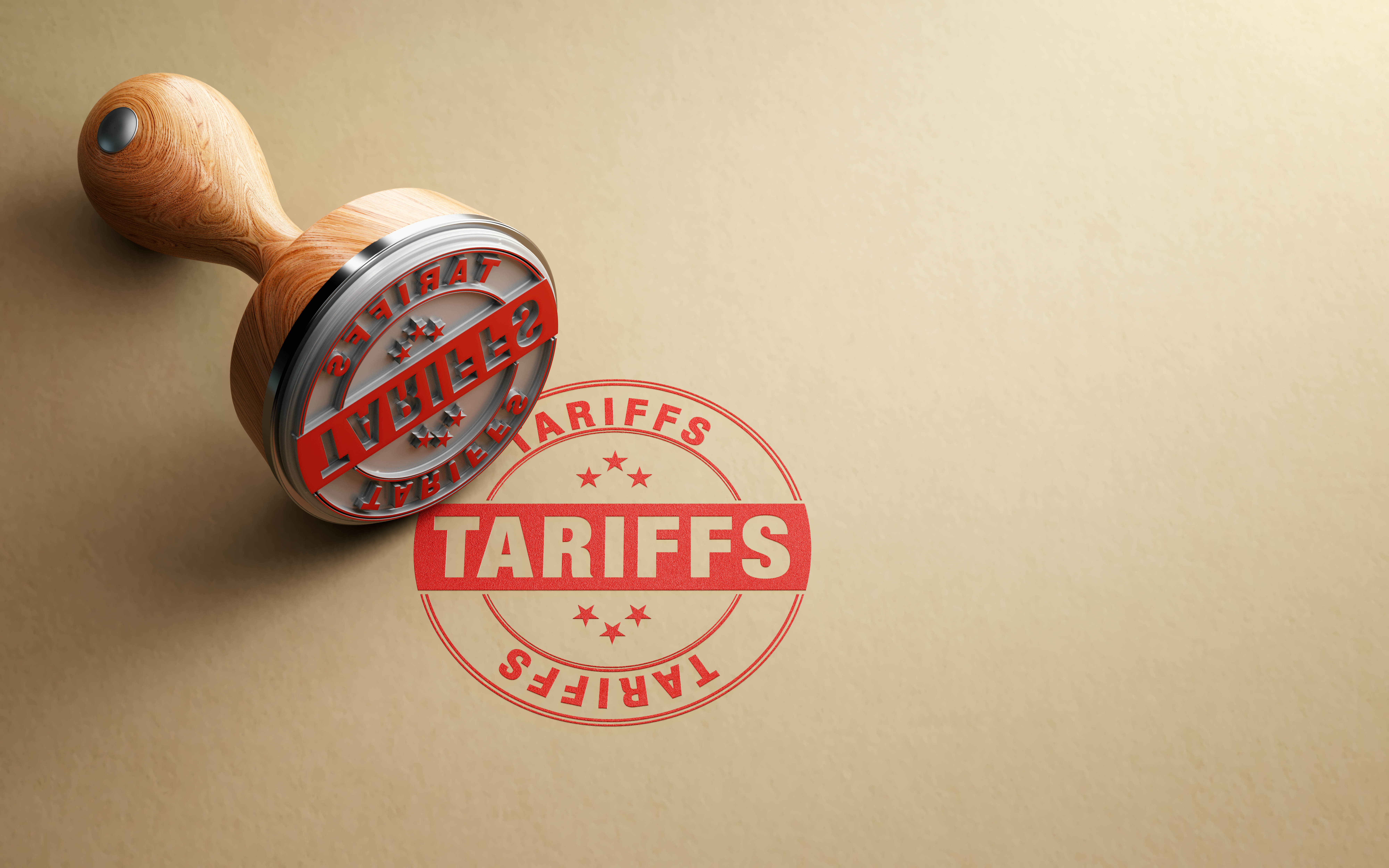Is Now the Time to Buy Robinhood Stock?
Discount broker Robinhood Markets (NASDAQ: HOOD) has quickly established itself as an important force in the brokerage industry. Offering free trades, for example, led to a massive change in the way brokers competed on cost. The stock has been getting investor attention lately, and it more than doubled over the past year, even after a large pullback during the market swoon.Is that pullback an opportunity, or does it highlight a potential risk with Robinhood?From a big-picture perspective, Robinhood is a discount broker. But it is more than that and has done an impressive job of expanding its reach. Robinhood now offers users stock, options, and cryptocurrency trading, select banking services, prediction markets trading, retirement investing, and more. In the fourth quarter of 2024, the company's assets under custody rose 88% year over year to $193 billion. There were multiple drivers of this. One was new deposits, and the other an even bigger one, was the increase in the value of the securities its customers own.Continue reading

Discount broker Robinhood Markets (NASDAQ: HOOD) has quickly established itself as an important force in the brokerage industry. Offering free trades, for example, led to a massive change in the way brokers competed on cost. The stock has been getting investor attention lately, and it more than doubled over the past year, even after a large pullback during the market swoon.
Is that pullback an opportunity, or does it highlight a potential risk with Robinhood?
From a big-picture perspective, Robinhood is a discount broker. But it is more than that and has done an impressive job of expanding its reach. Robinhood now offers users stock, options, and cryptocurrency trading, select banking services, prediction markets trading, retirement investing, and more. In the fourth quarter of 2024, the company's assets under custody rose 88% year over year to $193 billion. There were multiple drivers of this. One was new deposits, and the other an even bigger one, was the increase in the value of the securities its customers own.





